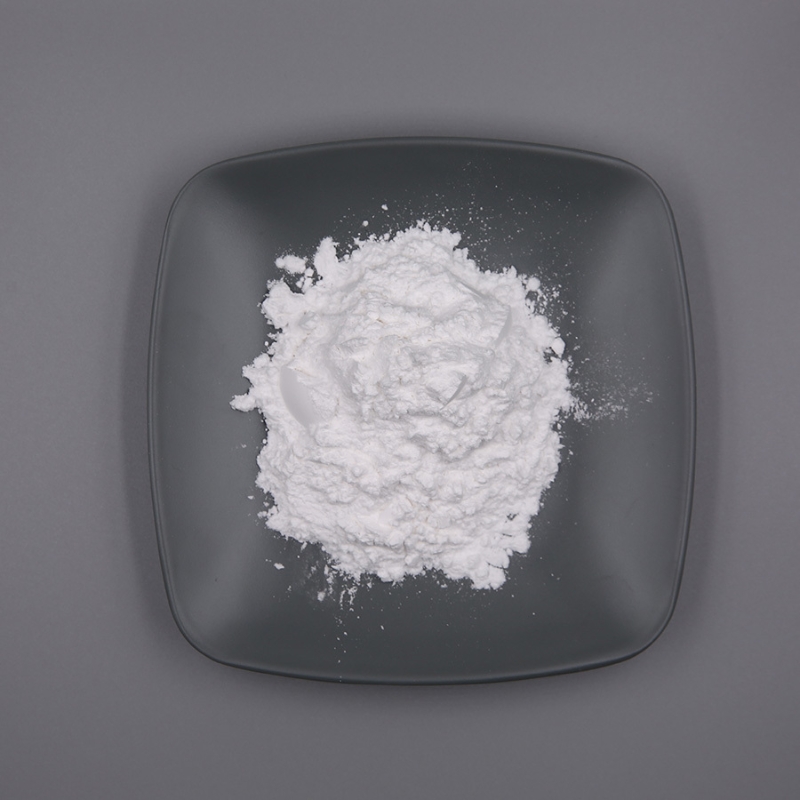-
Categories
-
Pharmaceutical Intermediates
-
Active Pharmaceutical Ingredients
-
Food Additives
- Industrial Coatings
- Agrochemicals
- Dyes and Pigments
- Surfactant
- Flavors and Fragrances
- Chemical Reagents
- Catalyst and Auxiliary
- Natural Products
- Inorganic Chemistry
-
Organic Chemistry
-
Biochemical Engineering
- Analytical Chemistry
-
Cosmetic Ingredient
- Water Treatment Chemical
-
Pharmaceutical Intermediates
Promotion
ECHEMI Mall
Wholesale
Weekly Price
Exhibition
News
-
Trade Service
As the saying goes, the disease comes from the mouth, and there are many diseases to eat.in addition to metabolic diseases such as three high, many infectious diseases are also eaten.after all, for all kinds of pathogens, the delicate mucous membrane in the digestive tract is much better than the skin. Hepatitis A, cholera and so on are transmitted through the digestive tract. The novel coronavirus, recently discovered in, has also been found to be transmitted by the digestive tract.in response to the invasion of these pathogens, a large number of immune cells are stationed in the intestinal mucosa.however, excessive immunity is not only a waste, but also can cause damage to the body.fortunately, our bodies are very smart.recently, Cyril seillet
and Gabrielle of the Walt and Eliza Hall Institute of medicine, Australia Belz et al. Have found that the innate immune function in the intestine of mice will fluctuate throughout the day, and it will be enhanced at the time of eating every day, and will be further enhanced after eating to prevent possible infection. At other times, it will maintain a low level to avoid the side effects of excessive immune activation.this study was published in Nature Immunology [1].(from pixabay.com )People are iron, rice is steel, a meal is hungry.it's just that in addition to various nutrients, there may also be various pathogens in this meal.it is estimated that many people have experienced vomiting, diarrhea and gastrointestinal colic after eating unclean food.in order to deal with various pathogens that may exist in food, there are many immune cells in the intestinal mucosa, such as innate lymphocytes (ILCs), especially the ilc3 subgroup, which kill pathogens while secreting cytokines to recruit immune cells [2].IL-22 secreted by it also acts on intestinal mucosal epithelium, maintains mucosal barrier function, promotes damage repair, and deals with inflammation caused by bacterial infection [3,4].however, if ilc3 is too active and continuously secretes IL-22, and the immune response is too strong, it will also lead to chronic intestinal inflammation, damage the barrier function, increase the risk of inflammatory bowel disease, and even increase the risk of colorectal cancer [5-7].(from pixabay.com )It is very important to regulate the activity of ilc3 in order to protect the intestine from the invasion of pathogens and avoid the side effects of over activation of ilc3. as for how the body regulates ilc3 activity, the first thing researchers think about is the circadian rhythm. the researchers kept the mice in a strictly controlled light cycle environment. The light started at t0 every day and ended at T12 after 12 hours, and went into 12 hours of darkness. that is, t0 ~ T11 is equivalent to day time, while T12 ~ T23 is equivalent to night. in such an environment, the researchers found that the expression of IL-22 in the intestinal tract of mice was significantly higher at T16 at night than at T4 during the day. however, in other places, such as lung and mesenteric lymph nodes, there was no such difference in ilc3 activity between day and night. mice mainly eat at night. Mice are nocturnal animals, which are more active at night and mainly eat at night. in this way, ilc3 was more active when the mice ate at night, which could better resist the potential threat of food. however, in further experiments, the researchers found that after knocking out arntl, the circadian activity gap of ilc3 decreased, but still existed. there are other mechanisms regulating ilc3. the researchers then limited the amount of time to feed the mice, allowing them to eat only during the day or at night. in this week, the circadian rhythm of mice had not changed significantly, but at T4, compared with the day eating mice who had just started eating, the ilc3 of the mice who had just eaten at night was significantly more active, and the proportion of cells secreting IL-22 was about 2 times higher. however, if the mice were fasted for 16 hours from T12 to T4 the next day, ilc3 in the intestinal tract of mice was less active and secreted less IL-22 than that of the free eating mice. after fasting (white) mice, the proportion of IL-22 positive in intestinal ilc3s was significantly lower than that in free feeding (gray) mice. Further studies showed that the expression of vasoactive intestinal peptide (VIP) receptor in intestinal ilc3 cells of mice was very close to VIP secreting neurons in space. it is the intake of food that stimulates the intestinal nervous system to secrete VIP and activates ilc3 cells responsible for intestinal immunity. in this way, when it is time to eat every day, intestinal immunity will be activated in advance under the action of the biological clock to prepare for food. after eating, the stimulation of food will further activate the intestinal immune system, so as to better prevent the possible pathogens in the food. at the same time, it can effectively avoid various problems caused by excessive immune activation. but if eating patterns are disrupted, pre-regulated immunity based on the biological clock doesn't work. the researchers believe this may explain why disruption of circadian rhythms and eating patterns increases chronic intestinal inflammation. although this is only a mouse study, and there are great differences between mice and humans in their eating patterns, it is still right to eat on time every day. next, the study intends to further explore which foods can better activate this food related immune protection, and develop better recipes to produce immune protection. the editor talked about all the wonderful cakes, and painstakingly created the blockbuster audio course "50 lectures on medical trends" finally came online. we help you keep pace with the most important advances in the global medical frontier. in 500 minutes, you can fully understand the most important medical frontier. Br / > the highlights of online medicine are as follows. in this set of 50 lectures on medical trends, we cover 15 important frontier fields, including immunotherapy, stem cells, microbiology, artificial intelligence, second-generation sequencing, and research and development of new anti-cancer drugs, so as to help you bring the world's top scientific research achievements into your pocket. 2. Keep up with the trend: help you seamlessly synchronize global cognition. the interdisciplinary professional knowledge team of singularity, relying on its own powerful database system, tracks more than 3000 important journals in the field of medicine and life sciences every day, and grasps the most powerful pulse of medical frontier science and technology in real time. keeping pace with global cognition, you don't have to worry about it. We send the global pulse to your ears. 3. Interesting and easy to understand: you can understand the world's top medical problems without racking your brains. papers in the fields of medicine and life sciences are often obscure and difficult to understand, coupled with the language barrier, which makes many people flinch from it. this time, we will help you to mix the abstruse frontier academic research into fresh and refreshing scientific sketches, so that you can easily understand the top medical problems while enjoying the beauty of science. you can do the same thing as the smartest brain in the world.







